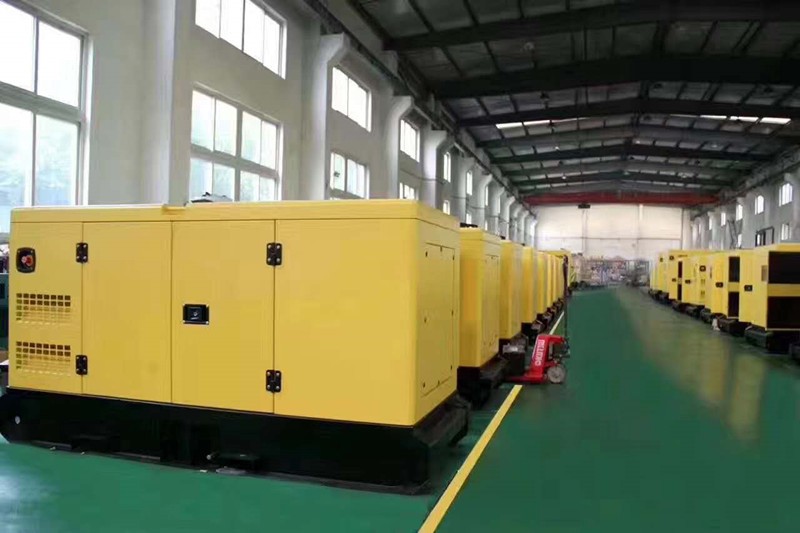The seeming lack of political will by the federal government to address the power problem has made the importation of generator sets into the country a lucrative business.
According to findings by National Daily, statistics provided by United Nations Statistics Division on Genset Import/Export reveal that Cummins, FG. Wilsons, Siemens, and other major power firms brought different brands of generators worth $51.1 million into the country between 2014 and 2015 and the figure is projected to hit $450 million by 2020.
The breakdown further showed that Nigeria is the second biggest market for generators in Africa, after Egypt whose import stood at $58.6 million, followed by Ethiopia with $19.9 million, South Africa with $18.6 million and Congo with $6.9 million.
Others are Zimbabwe: $5.4 million, Niger: $5.3 million and Mozambique: $4.4 million.
The inability of successive administrations in the country to find a lasting solution to the epileptic power supply has made getting generators a necessity for most businesses and households in the country.
The epileptic power supply to households and the growing population in the country has further boosted the import of generating sets into the country despite effort to stem the tide in recent times.
According to Mr. Segun Adaju, Chief Executive Officer of Consistent Energy Limited, and President of the Renewable Energy Association of Nigeria, between 60 and 70 million generators of different brands and sizes have been imported into the country, in the past few years.
He said the increase in power consumption in Nigeria, coupled with inadequate power generation capacity and grid infrastructure, has made steady power supply a serious challenge and that has helped the demand for the products.
National Daily also gathered that in the bid to extend and consolidate their hold on the highly competitive market, these brands have introduced models with additional features and capabilities to suit the pockets of the various segments of consumers, especially for consumers with low purchasing power.
This includes new model generators with remote control, soundproof and automatic switch-over mechanisms when power is cut off, as well as generators with key and button starters. Product quality, durability, customer support services (for industrial generators), fuel economy, ease of maintenance, and availability of spare parts are some of the factors that most customers look out for when buying their generator sets.
The demand for generator sets in the country has provided a thriving market for substandard brands to be imported into the country. Government agencies seem to have gone to sleep in this regard.

 Latest4 days ago
Latest4 days ago
 Trends5 days ago
Trends5 days ago
 Business1 week ago
Business1 week ago
 Football7 days ago
Football7 days ago
 Health6 days ago
Health6 days ago
 Football6 days ago
Football6 days ago
 Featured1 week ago
Featured1 week ago
 Business7 days ago
Business7 days ago

